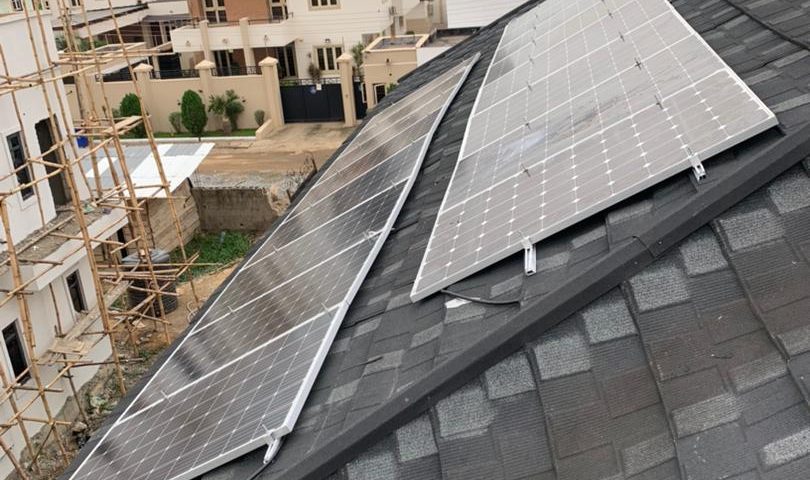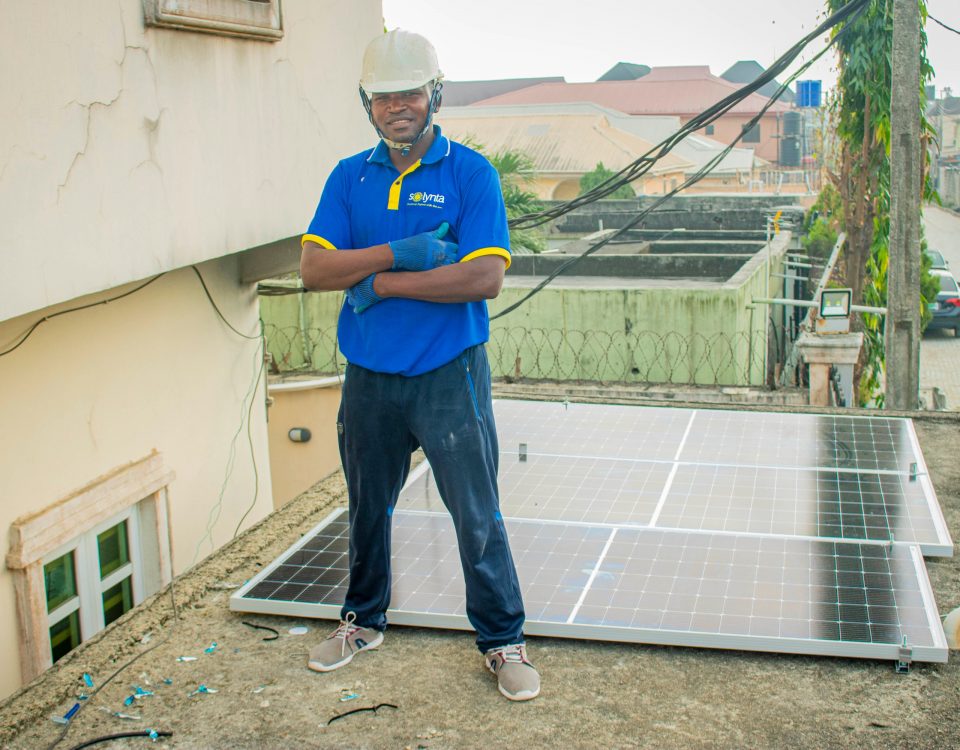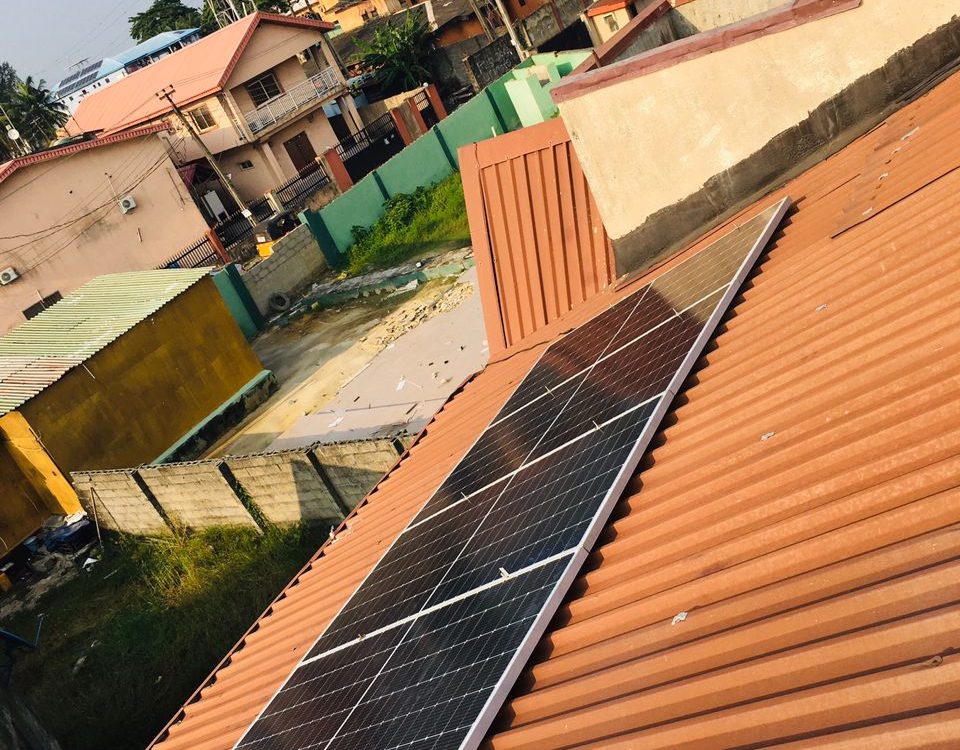Do solar panels work 24-hour a day?

How solar panels work?
2024-03-16
Do I need a new roof to install Solynta Solar Power?
2024-04-13Solar panels are a remarkable source of renewable energy that work tirelessly around the clock. Despite the fact that solar panels rely on sunlight to generate electricity through the photovoltaic effect, advancements in technology have made it possible for them to operate day and night.
By utilizing battery storage systems to store excess energy produced during the day for use at night, solar panels can continue to power homes and businesses even after the sun sets. Additionally, connecting solar panels to the grid enables excess energy to be fed back into the system for later use, ensuring a continuous and reliable power supply.
Cloudy weather or low-light conditions may reduce the efficiency of solar panels, but they are still capable of generating electricity under such circumstances. It is possible to create a sustainable energy system that operates 24 hours a day. Solar technology has come a long way in recent years, with new developments enhancing the efficiency and versatility of solar panels.
One such innovation is advancement in solar technology that integrates smart inverters and monitoring systems. These devices help optimize the performance of solar panels by adjusting the voltage and frequency of the electricity produced, ensuring that the energy generated is stable and reliable.
Additionally, monitoring systems allow users to track the performance of their solar panels in real-time, enabling them to identify any issues and maximize energy production.
In conclusion, while solar panels may primarily rely on sunlight to generate electricity, advancements in technology and innovative solutions have made it possible for them to operate around the clock. By implementing battery storage, grid connectivity, solar tracking systems, smart inverters, and monitoring systems, solar panels can function efficiently and reliably, providing a continuous source of renewable energy.
Click here to view our system sizes




